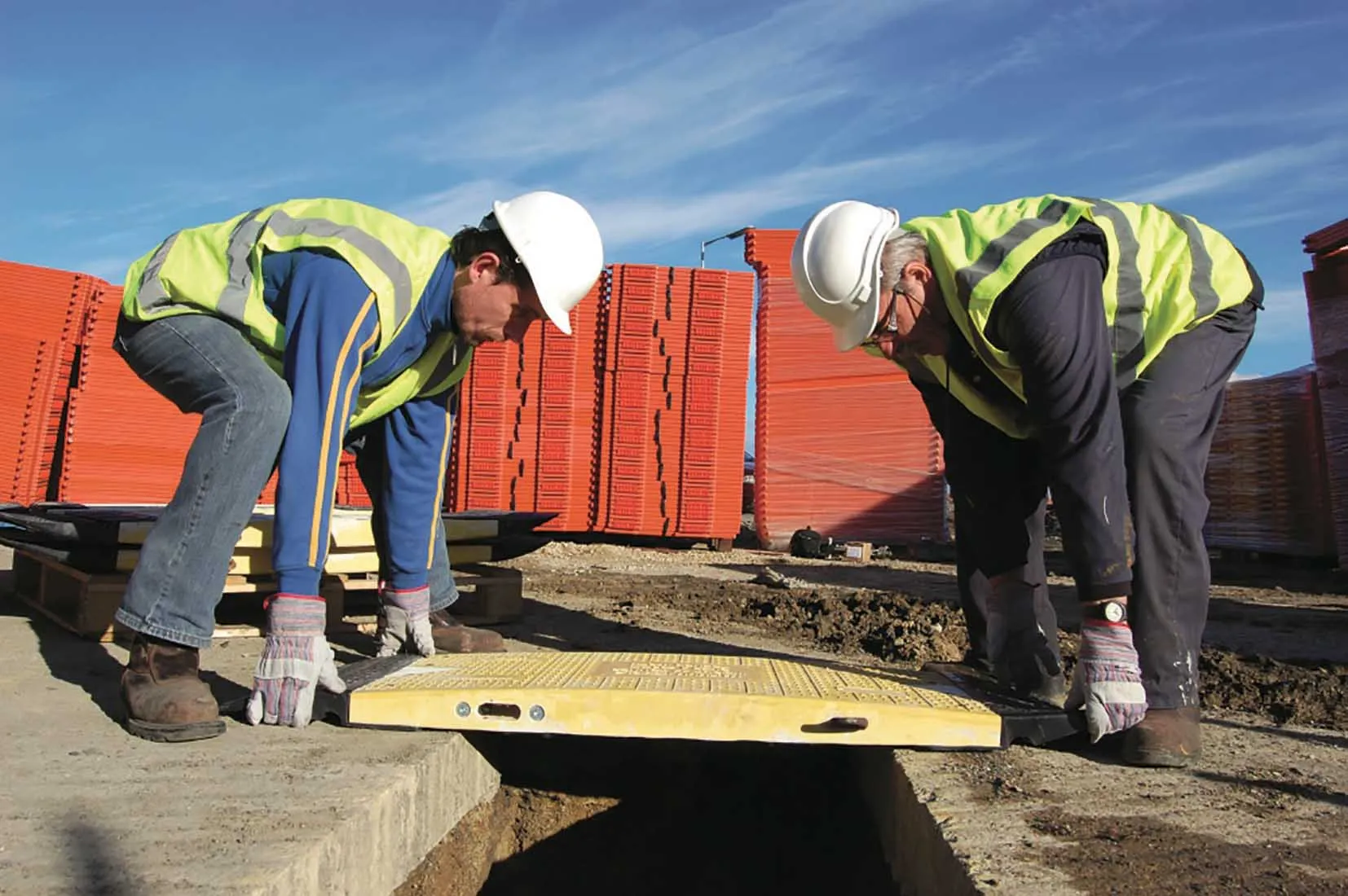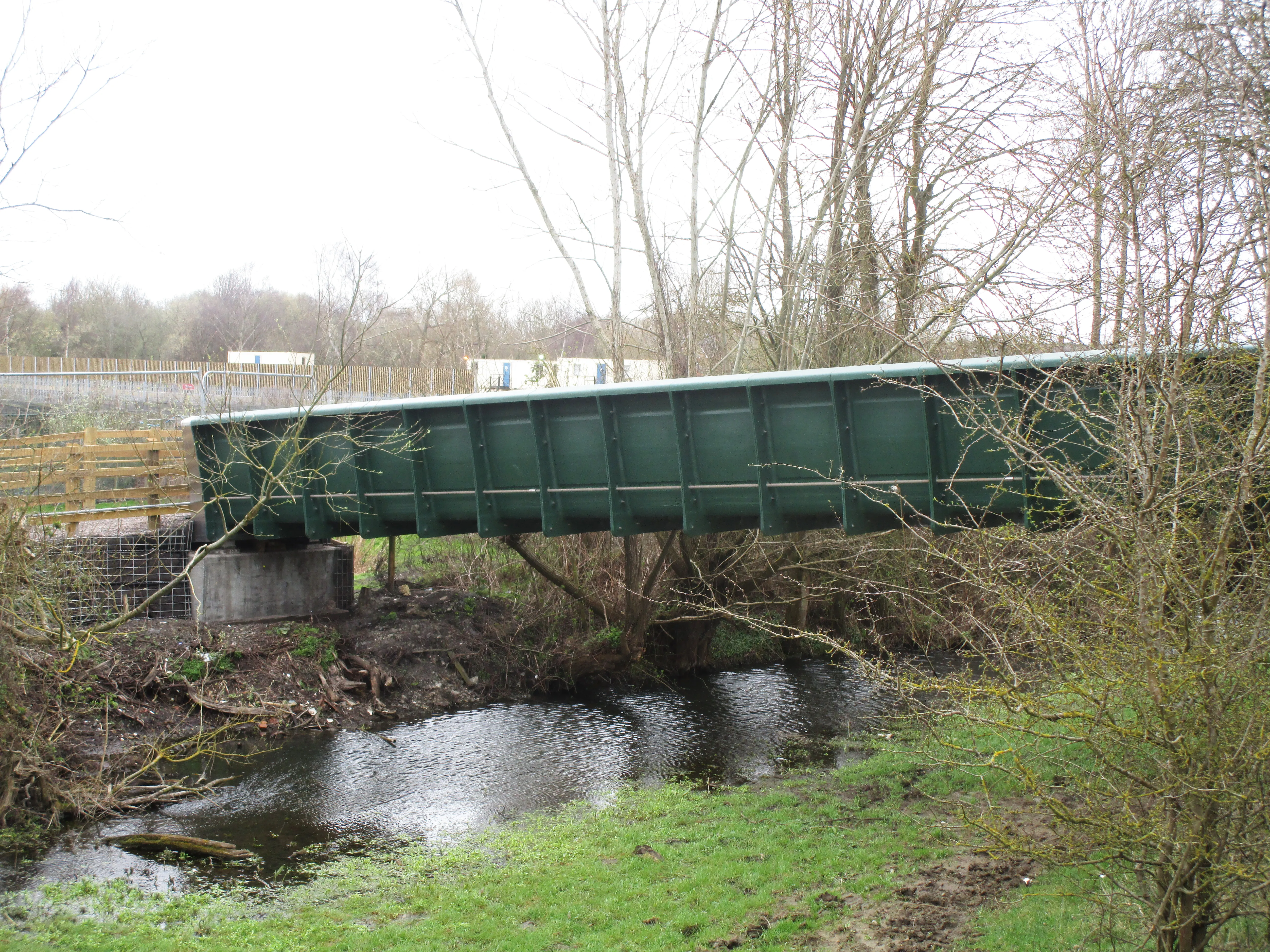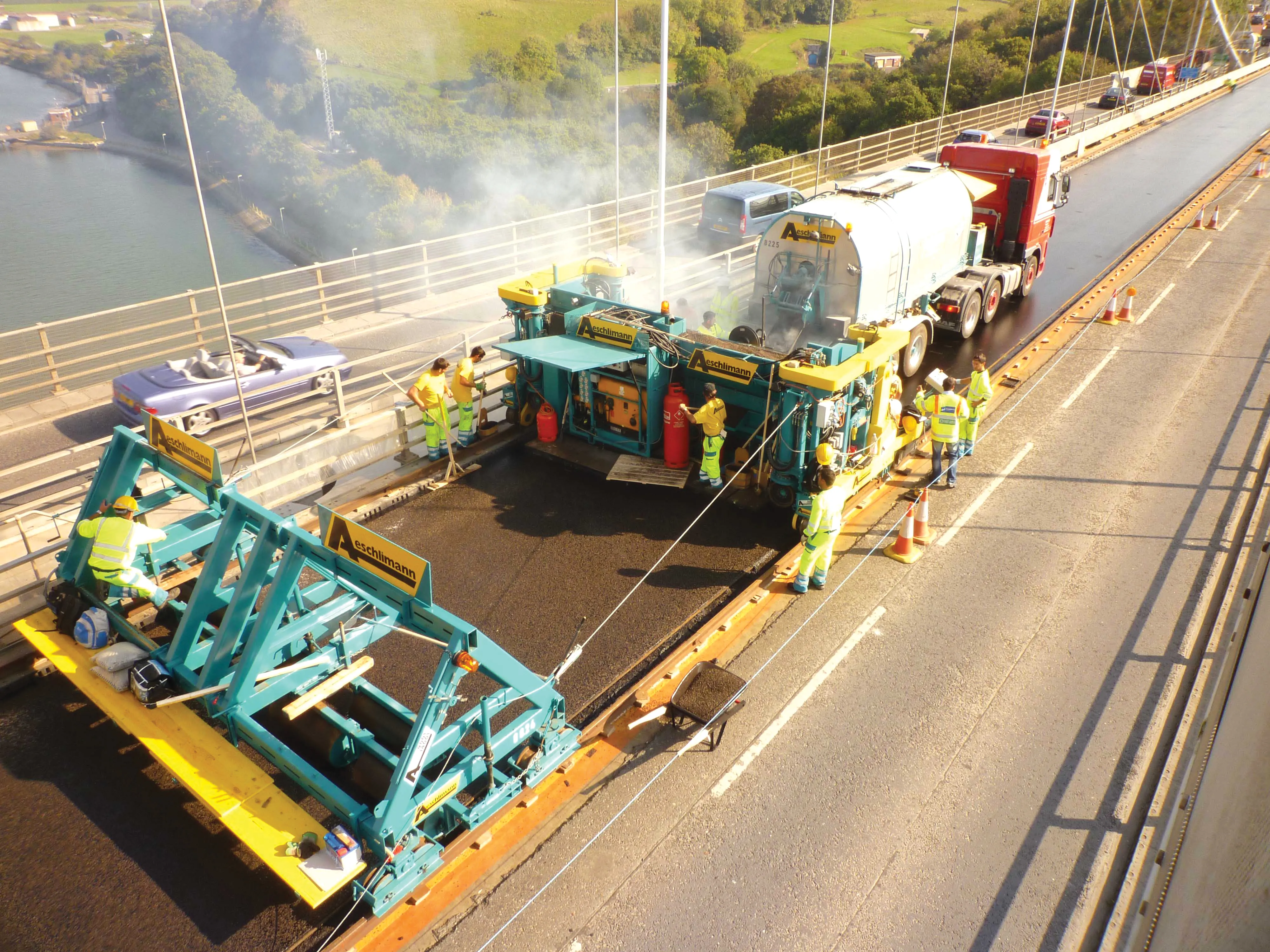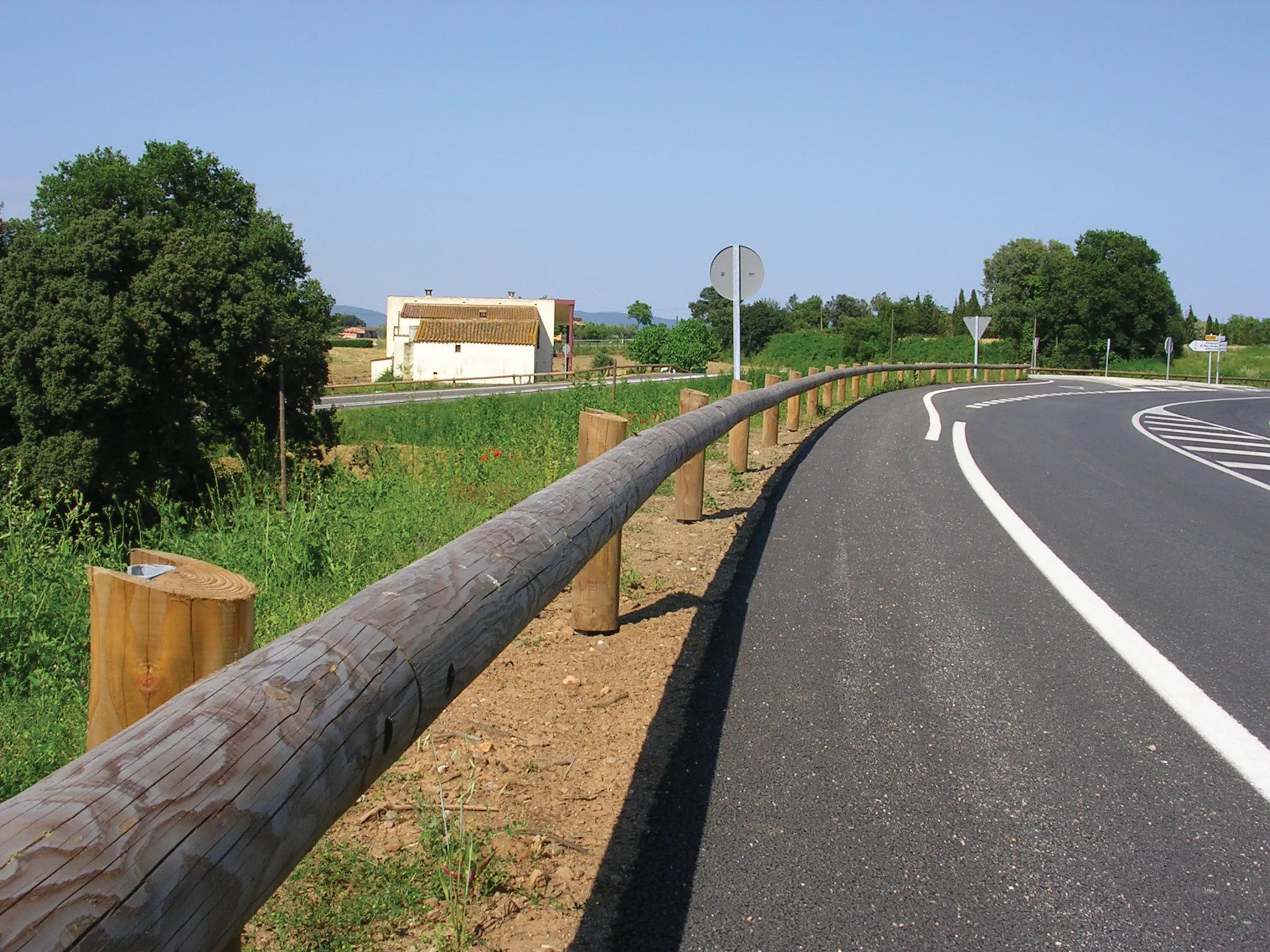UK manufacturer Oxford Plastic Systems is aiming to increase international sales for its innovative composite road plates and trench covers.
These products can be used to ensure the safety of contractors, pedestrians and vehicles during utility, cabling and maintenance projects, as well as reducing noise pollution from conventional steel road plates. Made from composite materials, Oxford Plastics road plates feature an integral flexible edge made from a PVC compound, which acts as a noise dampener when v
January 4, 2016
Read time: 2 mins

UK manufacturer 8292 Oxford Plastic Systems is aiming to increase international sales for its innovative composite road plates and trench covers.
These products can be used to ensure the safety of contractors, pedestrians and vehicles during utility, cabling and maintenance projects, as well as reducing noise pollution from conventional steel road plates. Made from composite materials, Oxford Plastics road plates feature an integral flexible edge made from a PVC compound, which acts as a noise dampener when vehicles drive over them. The plates can be used to allow the temporary reopening of the roadway during the rush hour to reduce traffic delays.
The units are easier to install than heavy steel plates and can be lifted into place by two people, eliminating the need for heavy lifting equipment – yet they are strong enough to withstand the weight of a 44tonne truck. The units are modular and can be locked together to create a range of sizes, the plates also offer flexibility to suit each specific situation.
The firm also offers trench covers for pavement/sidewalk use, and these too are lighter and easier to handle than conventional steel plates and more durable than units made of plywood.
These are made from a single piece of glass-reinforced composite and are also lighter than traditional steel covers. They are tested to a distributed vehicle weight of up to 2tonnes.
Both Oxford Plastics' road plates and trench covers have a permanent slip-resistant surface to make them safe for pedestrians.
These products can be used to ensure the safety of contractors, pedestrians and vehicles during utility, cabling and maintenance projects, as well as reducing noise pollution from conventional steel road plates. Made from composite materials, Oxford Plastics road plates feature an integral flexible edge made from a PVC compound, which acts as a noise dampener when vehicles drive over them. The plates can be used to allow the temporary reopening of the roadway during the rush hour to reduce traffic delays.
The units are easier to install than heavy steel plates and can be lifted into place by two people, eliminating the need for heavy lifting equipment – yet they are strong enough to withstand the weight of a 44tonne truck. The units are modular and can be locked together to create a range of sizes, the plates also offer flexibility to suit each specific situation.
The firm also offers trench covers for pavement/sidewalk use, and these too are lighter and easier to handle than conventional steel plates and more durable than units made of plywood.
These are made from a single piece of glass-reinforced composite and are also lighter than traditional steel covers. They are tested to a distributed vehicle weight of up to 2tonnes.
Both Oxford Plastics' road plates and trench covers have a permanent slip-resistant surface to make them safe for pedestrians.








